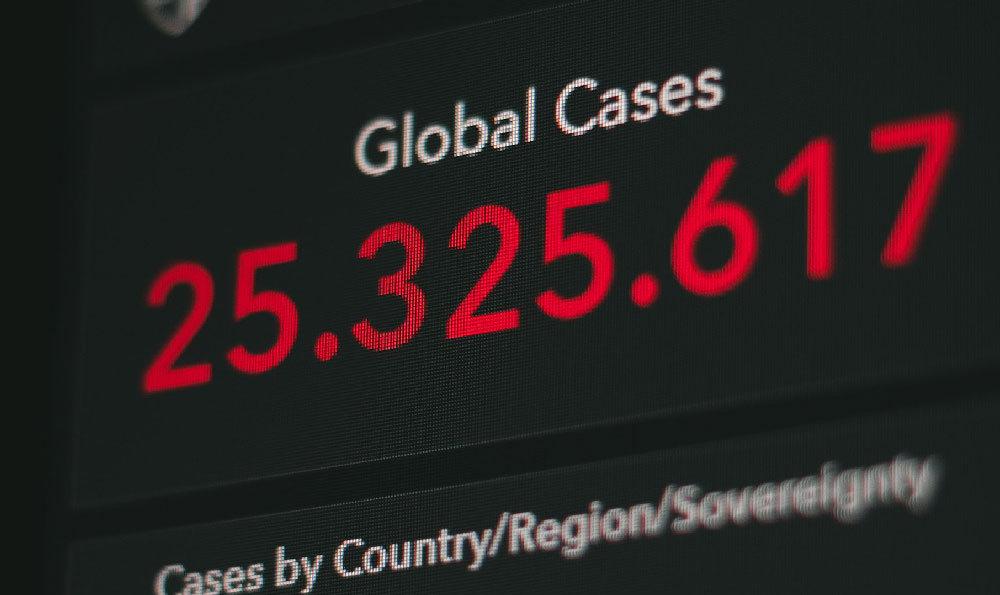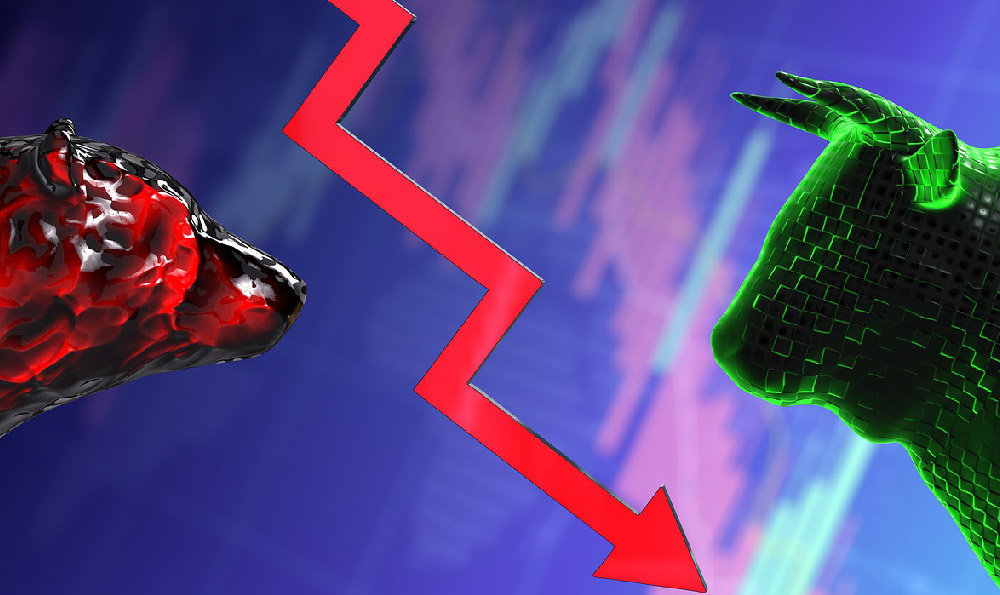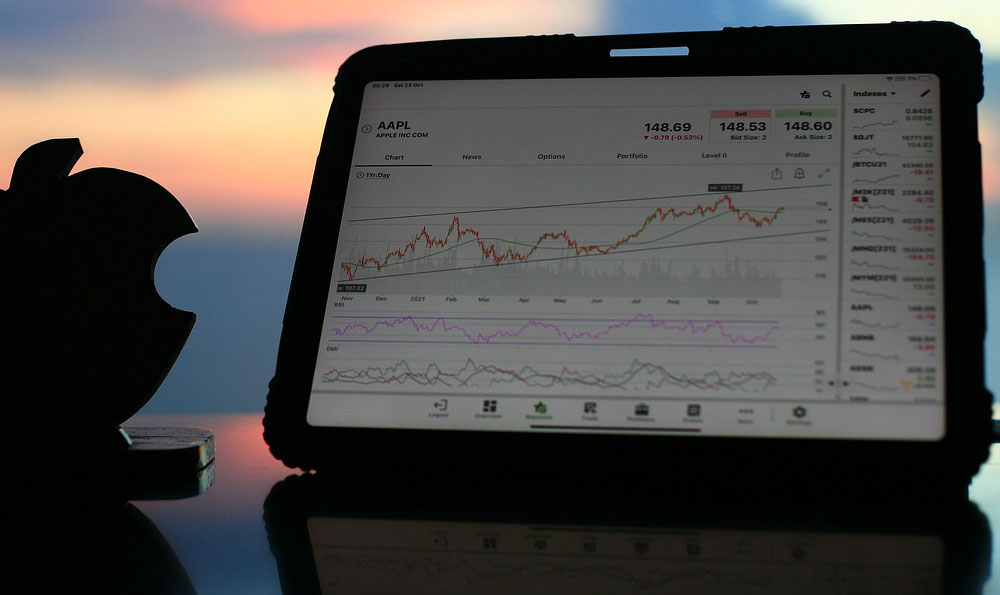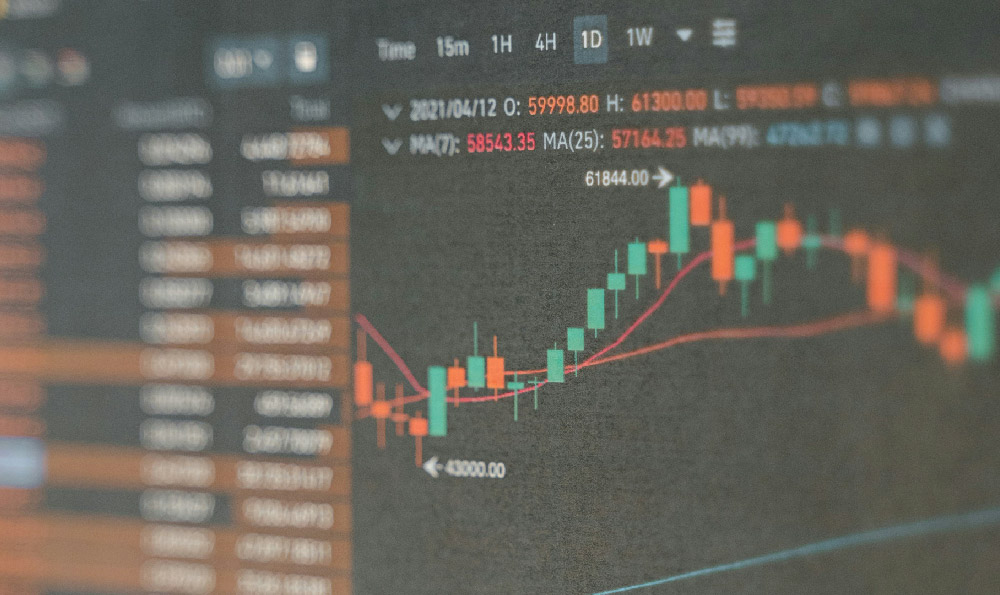Andrew Tate's fame stems from a controversial online persona and a complex web of business ventures. While he has publicly claimed to have amassed wealth through various means, a critical examination reveals a more nuanced and sometimes ethically questionable picture. His income streams can be broadly categorized into online content creation and courses, Romanian casinos, and alleged involvement in online exploitation. The ethical implications of these activities vary significantly and deserve careful consideration.
Tate's initial financial success reportedly came from his involvement in Romanian casinos. While the exact details of his role remain somewhat unclear, he has publicly stated that he operated casinos, suggesting a management or ownership position. The ethics surrounding casino ownership are complex. On one hand, casinos provide entertainment and employment opportunities. On the other hand, they are inherently linked to gambling, which can lead to addiction, financial ruin, and associated social problems. Whether Tate's involvement in this industry is ethical depends on one's perspective on the morality of gambling itself, as well as how responsibly he managed the casinos, addressing potential problem gamblers, and adhering to relevant regulations.
A significant portion of Tate's income is generated through his online platforms, particularly his "Hustler's University" program and similar ventures. These online courses and communities promise to teach members how to make money through various methods, including cryptocurrency trading, affiliate marketing, and e-commerce. While legitimate online education platforms exist, Tate's programs have been criticized for promoting get-rich-quick schemes and relying on aggressive marketing tactics. Testimonials and success stories are often exaggerated or fabricated, and the actual value of the content provided has been questioned. This raises ethical concerns about deceptive marketing practices and exploiting vulnerable individuals seeking financial independence. Moreover, some critics have alleged that these programs operate as multi-level marketing schemes, where members are incentivized to recruit new participants rather than focusing on genuine skill development and earning opportunities.

Perhaps the most ethically contentious aspect of Tate's activities involves allegations of online exploitation and human trafficking. These accusations, which have led to criminal investigations, paint a disturbing picture of Tate and his associates allegedly coercing women into creating adult content and profiting from their exploitation. These allegations are extremely serious and, if proven true, represent a blatant violation of human rights and fundamental ethical principles. Regardless of Tate's claims of innocence, the sheer volume and consistency of these accusations raise significant red flags and warrant thorough investigation. This particular aspect directly contributes to whether or not his methods are ethical. If an individual gains wealth via coercion and exploitation, that cannot be seen as anything but unethical.
Adding to the complexity is Tate's promotion of a highly controversial and often misogynistic worldview. He often espouses views that objectify women, promote male dominance, and glorify wealth and power. While expressing unpopular or offensive opinions is not inherently illegal, the dissemination of such views can have harmful social consequences. These views can contribute to the normalization of sexism, discrimination, and even violence against women. From an ethical standpoint, promoting such harmful ideologies is highly problematic, as it can perpetuate harmful stereotypes and contribute to a toxic online environment. While someone might argue that he is simply entertaining and has a right to free speech, there is a limit to free speech. Speech that incites violence, harm, or discrimination is typically not protected and has a negative impact on society.
Looking at his cryptocurrency advocacy, it's also important to recognize the inherent risks in this volatile market. Tate has frequently promoted various cryptocurrencies and blockchain projects, often without disclosing whether he has a financial stake in their success. This raises ethical concerns about potential conflicts of interest and the possibility of manipulating the market for personal gain. Encouraging inexperienced investors to put their money into highly speculative assets without providing adequate risk disclosures or warnings is irresponsible and potentially harmful. Cryptocurrency can be a beneficial way to diversify one's portfolio, but it is important to take care and understand the risks.
Furthermore, Tate's flamboyant display of wealth and luxury cars has fueled both fascination and criticism. While there is nothing inherently wrong with enjoying the fruits of one's labor, the constant flaunting of material possessions can be perceived as insensitive and tone-deaf, especially in a world where many people struggle with poverty and economic hardship. This aspect contributes less directly to ethical breaches than allegations of exploitation, but it speaks to a pattern of behavior that prioritizes self-promotion and material gain over social responsibility.
In conclusion, Andrew Tate's income streams are diverse and involve a mix of legitimate business ventures and ethically questionable activities. While he may have achieved financial success through some traditional means, such as casino operations, a significant portion of his wealth appears to be derived from online platforms that promote get-rich-quick schemes and rely on aggressive marketing tactics. Moreover, the serious allegations of online exploitation and human trafficking raise profound ethical concerns. While his followers defend him by saying it is "all a joke," the truth is that he has been accused of very heinous crimes. The ethical implications of his activities are complex and depend on one's perspective on issues such as gambling, online marketing, and the promotion of controversial viewpoints. However, the allegations of exploitation, coupled with the promotion of harmful ideologies, raise serious questions about the ethical foundation of his wealth and his influence on society. Investors should be aware of the risks involved and do independent research before investing in any cryptocurrency that he mentions. Ultimately, the "ethical" question concerning Andrew Tate hinges on a thorough examination of all the facts, a critical assessment of his business practices, and a careful consideration of the social impact of his actions and pronouncements.












